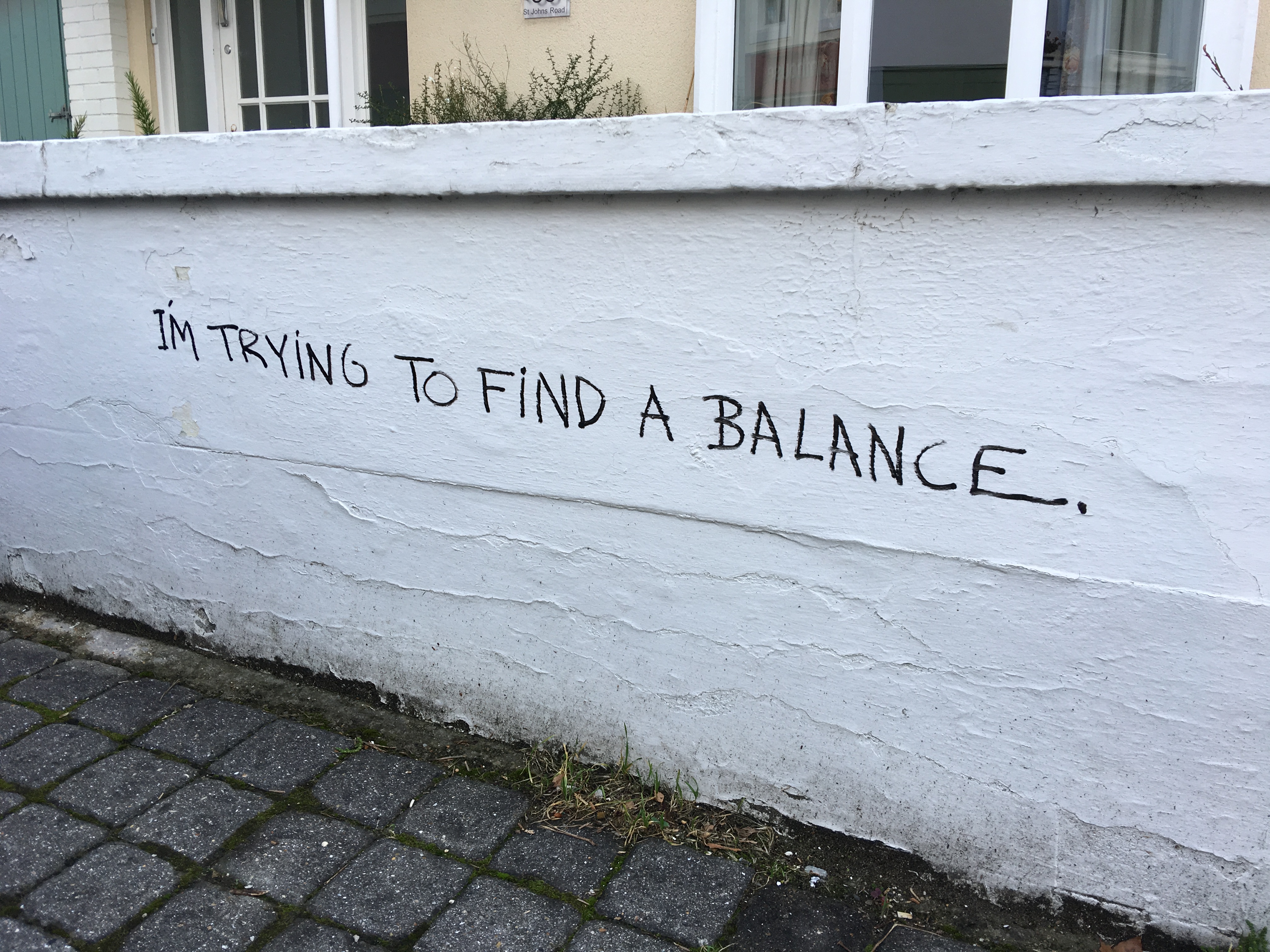
Studies have shown that a daily mindful practice can have numerous benefits including decreased stress and anxiety, increased focus, ability to make decisions, calmness, satisfaction and effectiveness.
Mindfulness does not have to be hours of silent meditation each day, you can start your mindful practice with simple and effective changes. Here’s a list of 5 things you can start doing today to kick start your mindful practice in the workplace.
Stop Multitasking
People that are really busy often try to multi task in an attempt to get more done in the same amount of time. This idea that you are more efficient doing more than one thing at a time or bouncing from one task to another is misguided and incorrect. The human brain finds it very difficult to do more than one task at a time and actually slows down when you are moving from one thing to another.
A study by University of London (http://discovery.ucl.ac.uk/1465496/) showed that multitasking decreases your effectiveness, productivity and can also reduce your IQ if done over a sustained period of time.
Ensuring that you have no distractions would be the ideal solution but in busy demanding work places this is not always possible, try some of these tips to help minimise your distractions
- Concentrate on one task at a time
- Plan your day so you can have your phone off for important or challenging tasks
- Maximize the window you are working so you reduce the distraction from other pages/ documents on you computer
- Turn off email alerts
- Only read your emails when you have time to respond
Smartphones mean that you can have access to your emails anytime and anywhere. The problem with this is that we often check emails when we don’t have time to respond properly or complete work that often comes with the email. Setting time aside in your day to check emails, respond properly and action any work required is a much more efficient way to work. Doing this also means that you will feel less stressed, as your to do list is not growing when you have no time to complete it.
Mindful eating
Taking time out to have a short break to eat lunch is not only good for your physical health but your mental health too. Eating when you are concentrating on something else means that your brain is not engaged in the process of eating which can lead to over eating and poor digestion. The body does not digest food when you are feeling stressed or in the fight or flight mode. This can have great health implications long-term.
Eating mindfully means that you stop what you are doing and concentrate on just eating, you become aware of how your foods looks, smells and tastes. This short and simple practice will help you relieve stress and digest your food properly. It can also leave you feeling refreshed and focused for the remainder of your day.
Breathing Exercises
Stopping and concentrating on your breath is one of the most powerful mindful practices there is. There are so many different breathing exercises that you can learn and incorporate into your everyday, here are some of my favorites
Diaphragmatic breathing (or belly breathing)
For this breathing exercise you need to lie on the floor or sit on a comfortable chair, I prefer lying on the floor. Place one hand on your chest and one on your stomach. As inhale expand your stomach out and as you exhale relax your stomach to neutral position. Your chest should remain relatively still through this exercise. This exercise can be done for a long as can take out of your day but should be at least 5 breaths long. I find this breathing exercise so grounding and it helps me de-stress and refocus.
Alternate nostril breathing
In this exercise you cover one nostril and take a deep breath in and out, then repeat covering the alternate nostril. This is a yoga style of breathing and is great for relaxing. The other benefit of this exercise is that it provides both sides of the brain with equal amounts of oxygen that can give you a boost that is great when you are having a really busy day.
2:1 breathing
This is my favorite breathing exercise and is again very simple to do, so you can do it anywhere. The basic premise of this exercise is that your exhale is double the length of your inhale. Your breaths can be as long or short as you can tolerate. I inhale for 4 and exhale for 8 seconds. Our out breath is related to the parasympathetic nervous system often referred to the rest and digest (as opposed to fight or flight). This exercise is great for anxiety and stress. I can recommend doing this before giving a presentation or having a difficult meeting.
Reflect at the end of your day
At the end of your day try spending 5 or 10 minutes reflecting on what you have achieved, recognising your hard work and making note of what you need to do the next day. This can help you switch off from your workday and move into going home mode. Humans are wired to remember the one negative thing that happened in a day of potentially so many positives. If you can acknowledge the positives and practice some gratitude this can help compensate the inbuilt negative bias.
Incorporating as many mindful moments into you busy schedule can have great benefits. Many people feel that they do not have time for a daily mindful practice, my advice start small and often, once you experience the change you will find the time to do more.

